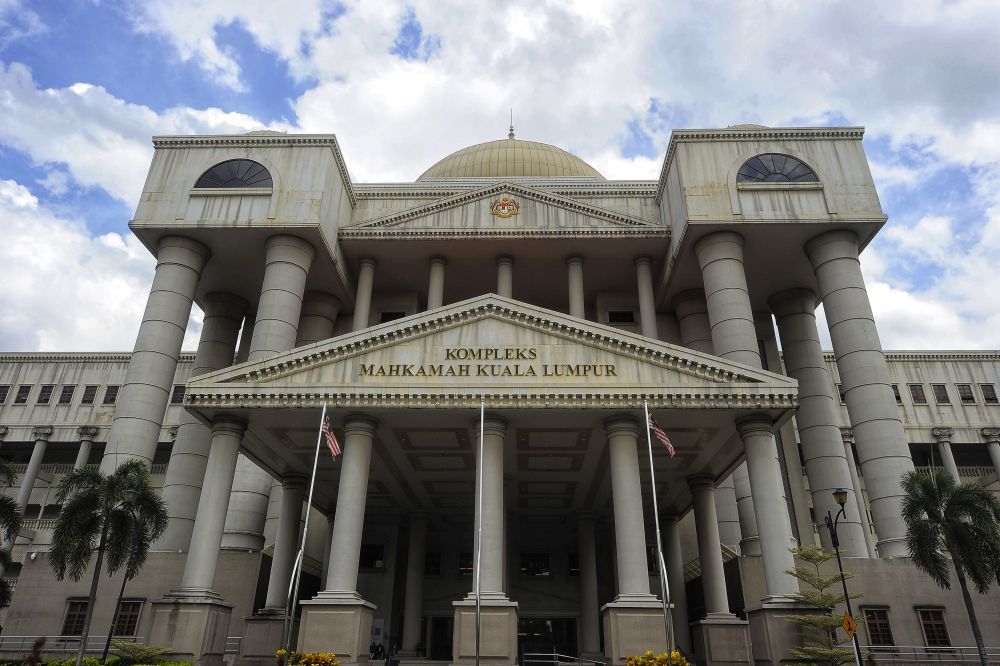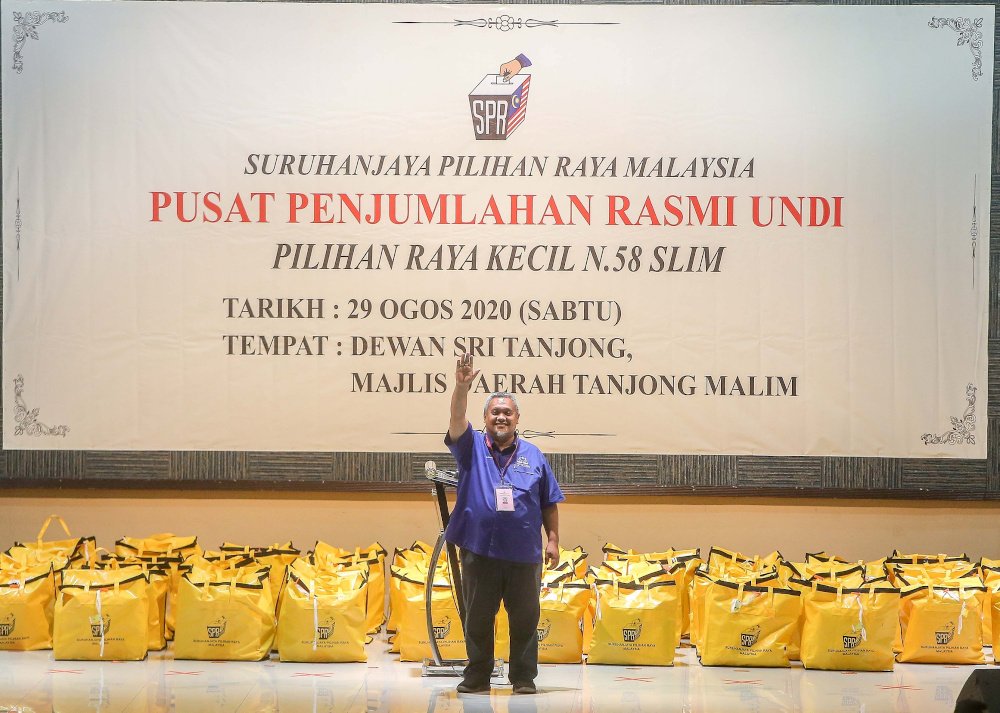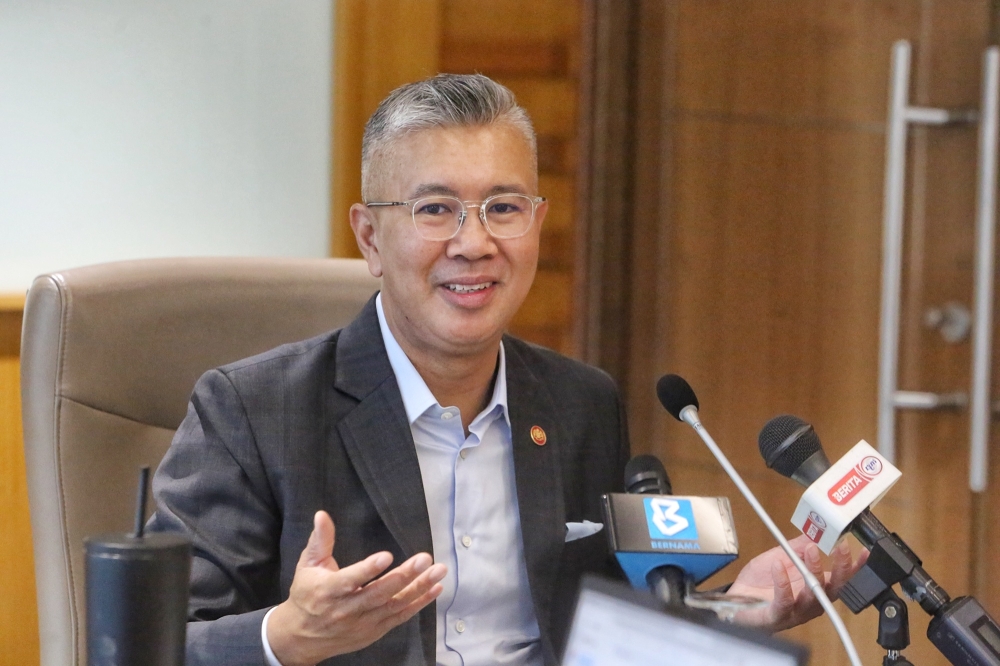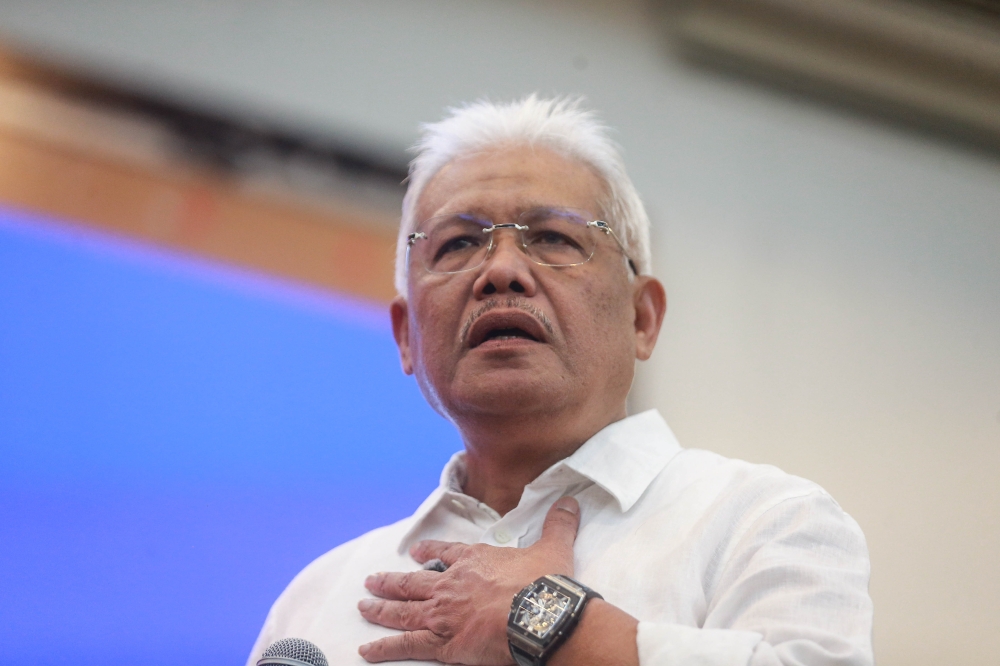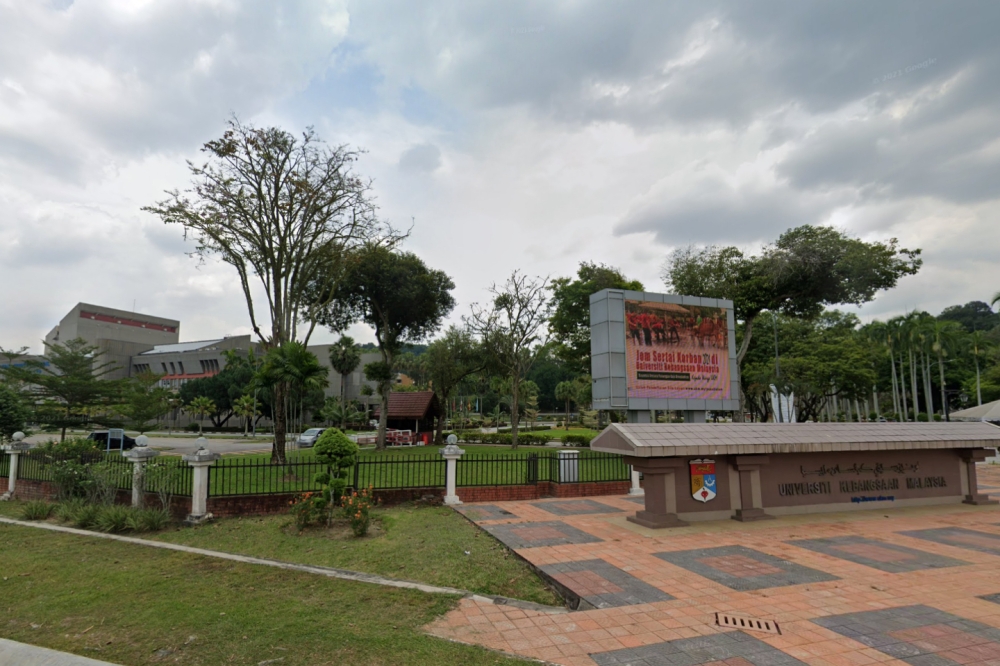KUALA LUMPUR, Aug 30 — The Slim by-election has traditionally been a Barisan Nasional (BN) stronghold, and Parti Pejuang Tanah Air’s long-term fate does not necessarily mirror its loss yesterday, several observers have said.
University of Malaya’s associate professor Awang Azman Awang Pawi said Pejuang’s result in the Slim by-election should not be used as an indicator of the party’s potential to eventually challenge Parti Pribumi Bersatu Malaysia or Umno.
“The Slim state seat is a BN stronghold, it isn’t a surprise if Pejuang lost in the by-election.
“Especially with the current circumstances where BN is now back [supporting the] ruling federal government, people are comfortable with BN retaining Slim knowing that they are taken care of by the ruling government,” Awang Azman told Malay Mail.
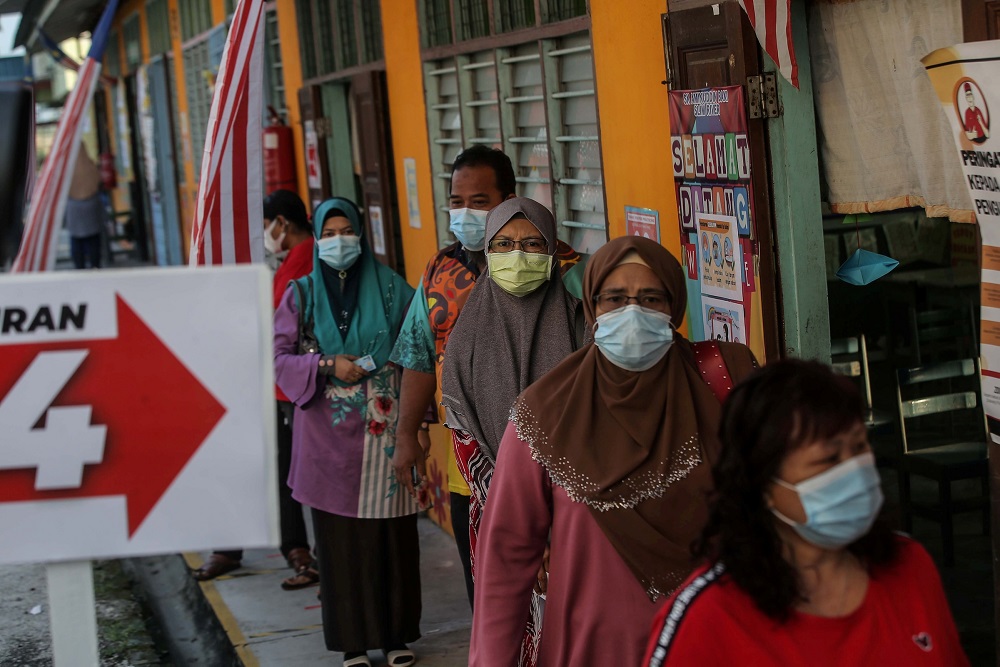
When asked about voter turnout, Awang Azman said, the voter turnout should have been higher as 56 per cent of the constituents are Felda settlers.
“Past noon the voter turnout was only at 47 per cent. This could mean that there are problems within the political pact.
“By right a political pact between three ruling coalition parties, we should be seeing higher voter turnout since they have been sending big guns on the ground to campaign for the by-election,” he said.
Universiti Sains Malaysia (USM) professor of political science Ahmad Fauzi Abdul Hamid also viewed that even with Pejuang losing in the by-election, it is not enough for it to be used as an indicator of support.
“This loss in the by-election cannot be read as indicative of support for the party per se.
“At the end of the day, Pejuang will need a larger platform such as PH to survive, especially after when Tun Dr Mahathir Mohamad is no longer around.
“But for this by-election, Umno was expected to retain the seat, boosted by additional votes which went to PAS in the last general election,” he said.
To look at this differently, Ahmad Fauzi said one could view Pejuang’s loss as the party “taking a bullet” for PH because if the coalition had contested for the BN stronghold, the result could have been the same and in return further dampen PH’s already weakened position at the moment.
“That’s a possibility,” he said.
For independent political analyst Hoo Ke Ping, Pejuang’s performance in the Slim by-election was an indicator of one factor: Its lack of grassroots support as a fledgling party that has yet to even register itself.
“Pejuang’s loss proved that they lacked greatly in grassroots support. So in the future, they will not be considered as a strong contender,” said Hoo.
He added Pejuang did not have proper support going into the by-election.
“Going solo for them was detrimental as they never had grassroots support [in Slim].
“At the same time, PH’s apparent disregard for Felda settlers during their tenure as government had also seemed to have a compounded affect for Pejuang,” he said.
BN won the Slim by-election with its candidate Umno Mohd Zaidi Aziz polling 13,060 votes, while independent candidate backed by Pejuang Amir Kusyairi Mohd Tanusi bagged 2,115 votes and another independent candidate S. Santharasekaran garnered 276 votes.
Out of the total ballot cast there were 327 spoilt votes from a 68.4 per cent voter turnout.













